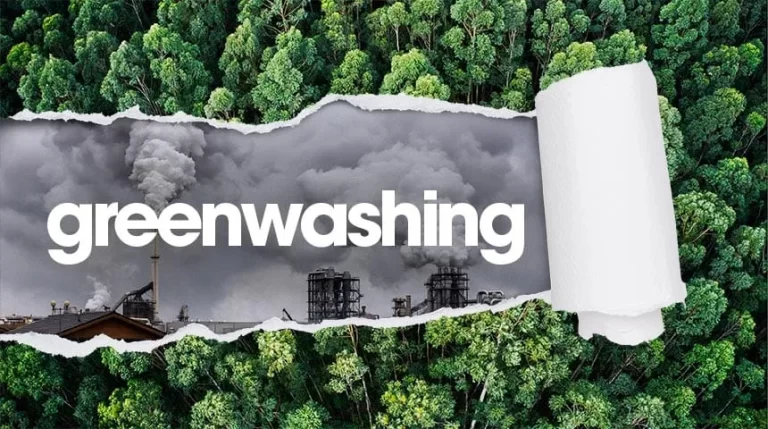Address
Office 101 Calton Centre
Kingsway Road,
Maseru, Lesotho
Work Hours
Monday to Friday: 9AM - 5PM
Weekend: 9AM - 1PM
Address
Office 101 Calton Centre
Kingsway Road,
Maseru, Lesotho
Work Hours
Monday to Friday: 9AM - 5PM
Weekend: 9AM - 1PM

As consumers become increasingly environmentally conscious, companies are responding by marketing their products and services as “green” and “sustainable.” However, not all claims are genuine. Greenwashing, the practice of making false or misleading environmental claims, is on the rise.
What is Greenwashing?
Greenwashing is when a company presents itself as environmentally friendly, but in reality, its practices and products do not align with its claims. This can be done through advertising, packaging, or public relations. It is a growing concern as companies seek to capitalize on the increasing demand for environmentally friendly products and services.
Examples of Greenwashing can include:
Manufacturing industries labeling their packages as “eco-friendly,” and yet the company’s overall environmental impact remain significant due to its large carbon footprint and water usage.
Mining companies may claim about committing to sustainable mining practices while there are concerns about the company’s environmental record, i.e. water pollution and habitat destruction.
An organization aiming to reduce its carbon footprint through the use of solar power but overall energy consumption remains high.
An organization can have initiatives to promote sustainable raw material sourcing, but fail to address issues like deforestation and child labor.
An organization can have initiatives aimed at promoting diversity and inclusion, but lack progress in addressing systemic racism and inequality.
Lack of transparency and accuracy reporting.
Factors Contributing to Greenwashing
1. Lack of Regulatory Framework: The lack of a comprehensive regulatory framework to govern environmental claims and advertising. This makes it easier for companies to make false or misleading claims about their environmental practices.
2. Limited Public Awareness: Many people are not aware of the concept of greenwashing or how to identify it. This lack of awareness makes it easier for companies to deceive consumers with false environmental claims.
3. Economic Pressures: economic challenges have led companies to focus on short-term gains rather than long-term sustainability. This has created an environment where companies may prioritize profits over environmental concerns.